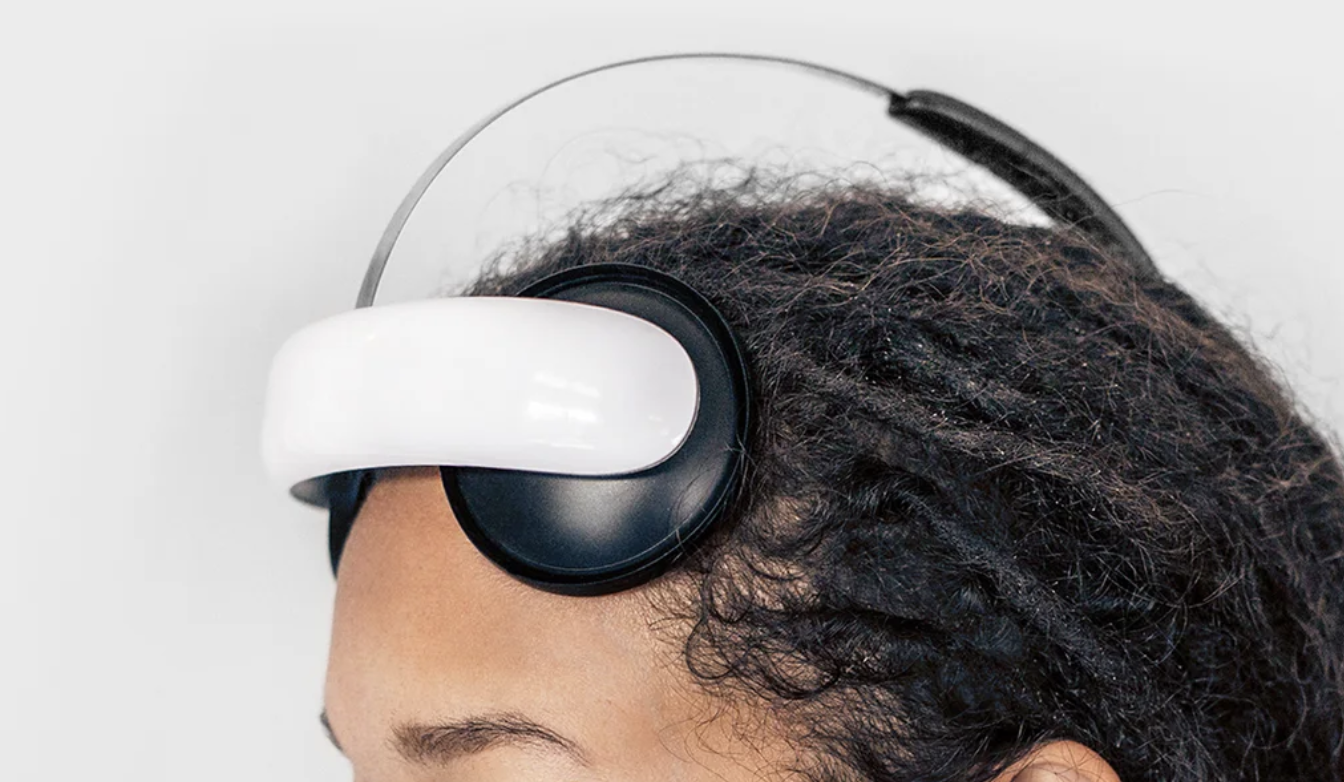Electric Headset May Treat Depression
Discover how Flow Neuroscience's electric headset offers a revolutionary, non-invasive treatment for depression. Explore its technology, clinical trial results, benefits, challenges, and future potential in mental health care.

Depression is a pervasive mental health condition affecting millions of people worldwide. Despite the availability of various treatments, there remains a significant need for innovative solutions that can effectively address this debilitating condition.
Flow Neuroscience has developed an electric headset that promises a novel approach to treating depression, offering hope to those who have not found relief through traditional methods.
Background on Depression
Depression is characterized by persistent feelings of sadness, hopelessness, and a lack of interest or pleasure in activities. It can also manifest through physical symptoms such as fatigue, changes in appetite, and sleep disturbances. According to the World Health Organization, depression is a leading cause of disability worldwide, impacting not only the individuals suffering from it but also their families and communities.
Current standard treatments for depression include antidepressant medications and cognitive-behavioral therapy (CBT). While these treatments are effective for many, they do not work for everyone. Antidepressants can have significant side effects, and some patients do not respond to them at all. CBT requires regular sessions with a therapist, which can be time-consuming and expensive. These limitations highlight the need for alternative treatment options.
The Electric Headset: Flow Neuroscience
Flow Neuroscience's electric headset utilizes a technology known as transcranial direct current stimulation (tDCS). This non-invasive technique delivers a low electrical current to specific areas of the brain.
The headset targets the dorsolateral prefrontal cortex, an area associated with mood regulation. By stimulating this region, the device aims to increase brain activity and alleviate depressive symptoms.
The headset is designed for at-home use and is accompanied by a smartphone app that provides behavioural therapy exercises. This combination allows users to manage their treatment conveniently and effectively, integrating it into their daily routines. The app also tracks progress and offers support, enhancing the overall treatment experience.
Clinical Trials and Evidence
Several clinical trials have demonstrated the efficacy of the Flow Neuroscience headset. One notable trial conducted by the Northamptonshire NHS Foundation Trust reported significant improvement in 58% of participants, with one-third achieving remission within six weeks. These promising results suggest that the headset could be a viable alternative for those who do not respond to conventional treatments.
Other studies have also supported the headset's effectiveness. For instance, a meta-analysis of tDCS studies indicated a consistent positive impact on depressive symptoms.
Additionally, personal testimonials from trial participants, such as Ashley Riley and Annie Lovatt, provide anecdotal evidence of the device's potential. Both individuals reported substantial improvements in their mental health, highlighting the headset's real-world benefits.
Benefits and Advantages
The Flow Neuroscience headset offers several key advantages over traditional treatments:
- Non-invasive and medication-free: The headset provides a treatment option without the side effects commonly associated with antidepressants. This can be particularly beneficial for individuals who cannot tolerate or do not respond to medication.
- At-home convenience: Users can administer the treatment, integrating it into their daily routines. The accompanying app provides additional support through behavioural therapy exercises and progress tracking, enhancing the overall treatment experience.
- Reduced reliance on medication: For many, the headset could decrease the need for pharmaceutical interventions, potentially reducing long-term medication dependency and its associated health impacts.
Challenges and Considerations
Despite its potential, the Flow Neuroscience headset faces several challenges:
- Long-term efficacy: The sustainability of its effects over time remains uncertain. There is a potential for relapse if the device is not used consistently, raising questions about the long-term management of depression with this technology.
- Cost and accessibility: Widespread adoption within the NHS and other healthcare systems requires addressing financial and logistical barriers. Ensuring the device is affordable and accessible to those who need it most is crucial for its success as a mainstream treatment.
- Need for further research: Long-term studies are essential to fully understand the headset's benefits and any potential side effects. Ongoing research will help establish the device's safety and efficacy, ensuring it is a viable option for treating depression.
Expert Opinions
Medical professionals involved in the trials have expressed optimism about the headset's potential. Dr. Azhar Zafar and Prof. Alex O'Neill-Kerr, who have been involved in the research, highlight the device's promise and emphasize the need for continued research.
Representatives from Flow Neuroscience have also underscored their commitment to refining the technology and exploring its future applications. They envision a future where the headset is a standard part of depression treatment protocols.
Future Directions
Looking ahead, the Flow Neuroscience headset has the potential to significantly impact the treatment of depressionEnsuring that the treatment of depression significantly the device is affordable and accessible to those who need it most is crucial for its success as a mainstream treatment.. Ongoing and new trials aim to evaluate its effectiveness in various populations, including postnatal depression and depression among NHS medical staff. Successful outcomes from these studies could lead to broader adoption within the NHS and other healthcare systems worldwide.
Moreover, advancements in tDCS technology may enhance the headset's effectiveness and broaden its use for other mental health conditions. Continuous innovation and research will be key to optimizing this treatment method and expanding its applications.
Conclusion
The Flow Neuroscience headset represents a significant advancement in the treatment of depression. Offering a non-invasive, medication-free alternative, it has the potential to improve the lives of those who have not found relief through traditional methods.
Continued research and clinical trials are crucial to fully understanding and optimizing this innovative approach. As mental health care evolves, technologies like the Flow headset could play a pivotal role in providing effective, accessible treatments for those struggling with depression.




